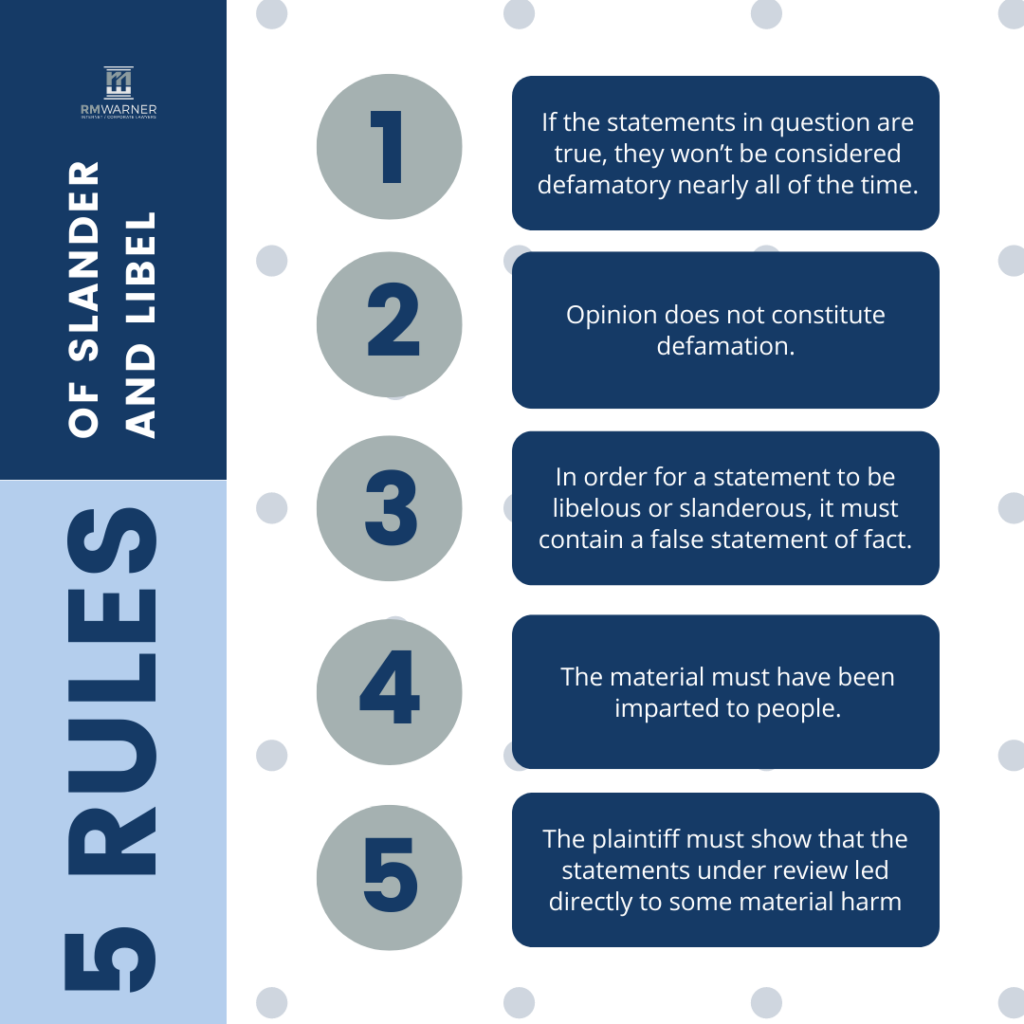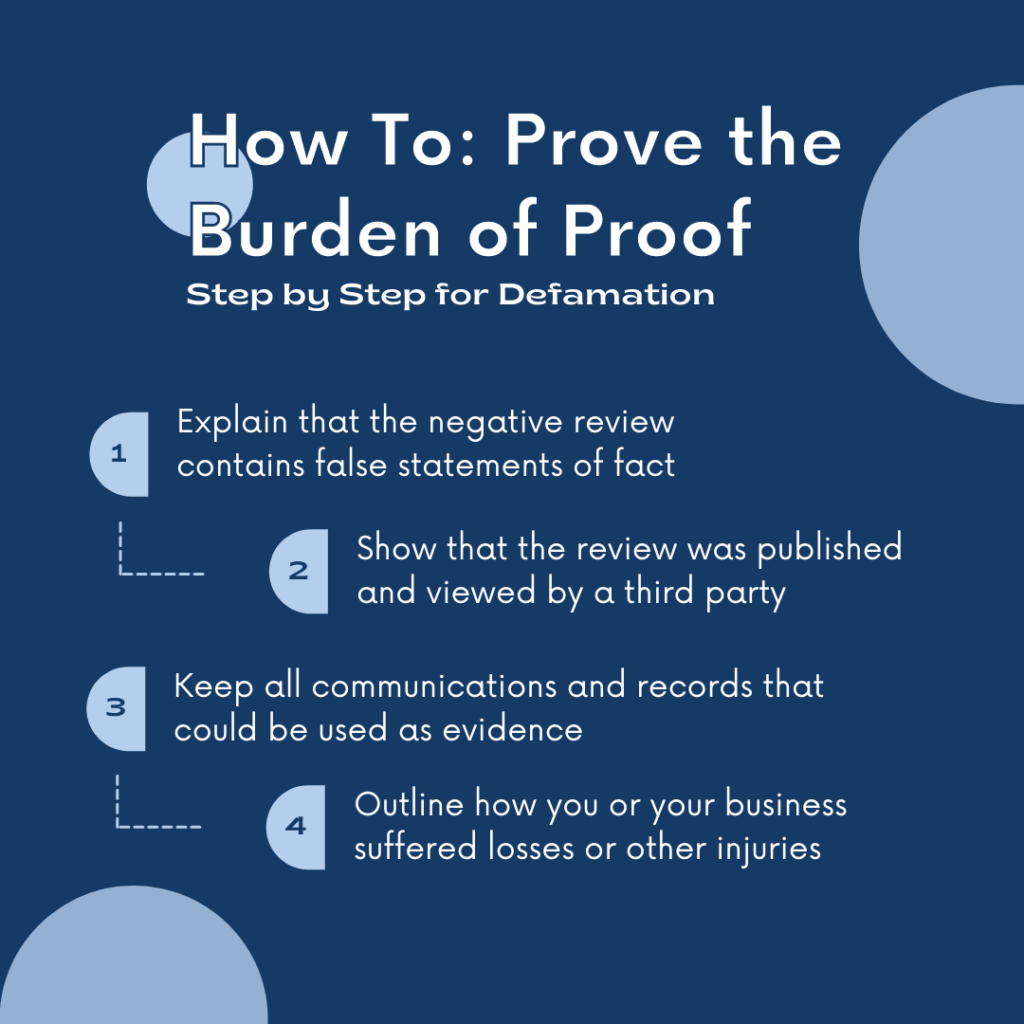Anonymous Blogging and Defamation: Balancing Interests of the Internet
Anonymous Blogging and Defamation: Balancing Interests of the Internet

We live in the information age; technological advancements have completely changed how we live and interact with others. Anyone with access to the internet can post material on blogs, social media sites, chat rooms, and web pages anonymously. The security of anonymity has given voice to many, allowing them the liberty to speak while hiding behind a pseudonym. However, there is a thin line where rights collide. What happens then? How does one unmask an online defamatory critic? The first step is to hire a defamation lawyer.
What Is Anonymous Blogging?
Anonymous blogging is the sharing of written content online without revealing the author’s identity. Bloggers who want to remain incognito can post from public computers using a pseudonym or use more complex techniques such as layering encrypted pathways.
The cloak of anonymity sometimes encourages unfiltered speech, especially against public figures and celebrities (see Cardi B’s lawsuit and the verdict here). This relative freedom results in people sharing defamatory content without fear of harming their own reputation.
What Is Defamation?
Defamation is the act of damaging the reputation of a person or entity by sharing false information.
The two types of defamatory statements are:
- Libel: A published false statement, such as in a newspaper, a website posting, an email, a social media post, etc.
- Slander: Verbalized damaging statements, such as a spoken statement or speech..
Anonymous Blogging and Defamation
The rise in online defamation is no surprise, with the cloak of anonymity that is possible on the internet.
However, some people mistake negative comments (bad-mouthing) for defamation. Negative comments lack positive qualities. Defamation occurs when the statements made are false and have the power to damage a person’s reputation.
Here are two examples:
Negative comment: “Paula is the ugliest person online.”
Defamation: “Paula is a thief and has stolen from her employees.”
What Is Defamation Law?
Defamation laws protect reputations from harm caused by false statements. American defamation law makes an effort to reconcile two fundamental, yet possibly incompatible, values: preserving reputation and freedom of expression.
With the rise of the internet comes an increase in new types of defamation litigation, such as malicious online personal attacks and fraudulent online reviews. These attacks on reputation are sometimes part of trolling, flaming, and cyberbullying and are frequently anonymous.
What Happens If You Are Defamed by an Anonymous Blogger?
You will need a defamation lawyer should you or your company’s reputation suffer from an anonymous blogger’s defamatory content.
As the plaintiff (the one defamed), you must consider how you’ll track down the defendant (the defamer) who hides behind a pseudonym or computer URL.
Here, balancing interests on the internet becomes critical. On the one hand, there is the right to privacy and freedom of speech. On the other, the need to safeguard the reputation of an individual or business.
If your lawsuit goes to court, the judge will decide whether to petition for the defendant’s identity.
Why You Need a Defamation Lawyer
Online defamation legislation is still expanding and changing. Courts in America and around the world continue to struggle with striking the right balance between free expression and reputation protection in the age of digital and social media dominance. This area of law needs to be reformed and modernized. For that reason, online defamation cases are rarely straightforward. A defamation lawyer can help you get the justice you deserve.
Do you have a potential defamation suit? Contact RM Warner Law. Our accomplished and experienced team will guide you through the process.
Call us today or use our contact form to request a consultation to discuss your case.
Similar like this
You also might be interested in
Understanding Anonymous Defamation: How It Happens Online
Anonymous defamation occurs when false statements are made about a [...]
Why Influencer Lawsuits Are on the Rise: And What It Means for the Industry
The influencer marketing industry has grown significantly over the past [...]
How to Remove Defamatory Content from the Internet: Legal Options Explained
In today’s digital world, defamatory content can spread quickly online, [...]
What’s the Difference Between Libel and Slander? A Legal Breakdown
A false statement can spread quickly and damage someone’s reputation, [...]







